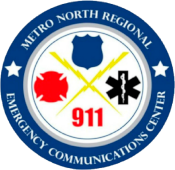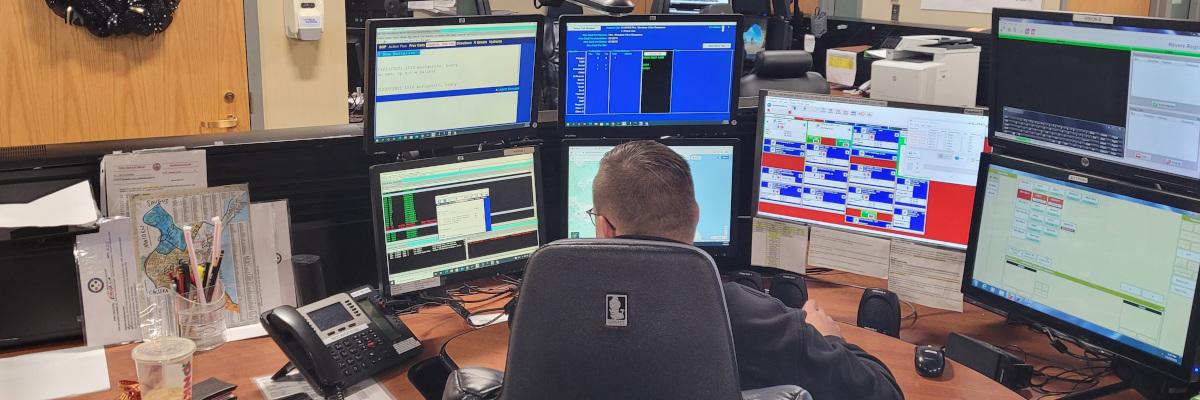*At this time, we have paused our hiring process. Please check back in the future for updates on when positions may become available again.*
Under general supervision, this position will encompass multiple responsibilities including but not limited to, receiving routine and emergency calls and other requests for assistance in all fields of public safety (police, fire, medical, and other emergency services). Using a computer-aided dispatch system determines the nature, location, and priority of the request and dispatches the appropriate resources using existing guidelines and protocols. Monitors alarms and radio frequencies of public safety agencies to answer any calls for assistance received.
The essential functions or duties listed below are intended only as illustrations of the various type of work that may be performed. The omission of specific statements of duties does not exclude them from the position if the work is similar, related, or a logical assignment to the position.
Duties and Responsibilities
- Using computer-aided dispatch and other technologically advanced systems that receive emergency and other calls for assistance from the public requesting fire, police, medical, or other emergency services.
- Using technology and training, determine the nature and location of the emergency; determine priorities and dispatch public safety (police, fire, and EMS) units as necessary and following established procedures.
- Receive and process 911 emergency calls, enter data for dispatch, and transfer calls to appropriate agencies, if necessary.
- Maintain contact with all units on assignment, maintain location information of police and fire units, checking on their status using existing protocols.
- Monitor direct emergency alarms, and answer non-emergency calls for assistance.
- Receive requests for information regarding vehicle registration, driving records, and warrants, and provide pertinent data.
- Operate a variety of communications equipment, including radio consoles, telephones, and computer systems.
- Operates federal, state, and local databases, inputting data and researching at the request of law enforcement personnel. Complies with all regulations of said agencies.
- Operates all equipment safely and respectfully, reporting any deficiencies to a supervisor for remediation or replacement.
- Accesses various confidential law enforcement systems, inquiries of data requested, and disseminates to the appropriate person(s).
- Maintains confidentiality of all records, inquiries, and information within the standards of the law.
- In cases where the caller does not speak a language known by the employee or uses TTY services, follow protocols for obtaining assistance for that caller to provide emergency service to the caller.
- To the extent possible and permissible, responds to citizen requests for information and non-emergency information.
- Becomes familiar with and maintain a working knowledge of the communities they serve. Which include but are not limited to streets, parks, beaches, and municipal buildings.
- Performs all other assignments as requested by Administration.
- The Director and Deputy Director reserve the right to add additional responsibilities in the future.
- Performs other related duties as required
Additional Information
Because of the emergency nature of the work environment, this can be a high-stress level job and requires you to make time-sensitive decisions. For this reason, Metro North Emergency Communications Center employs a series of tests to judge an applicant’s aptitude for the position. The testing takes anywhere from two (2) o three (3) hours. The CritiCall pre-employment test measures underlying skills and abilities a person must have before any training they might receive if they are hired as a public-safety dispatcher, including the ability to effectively navigate and use a computer.
The following information is designed to help a future test-taker prepare for the CritiCall testing process. The testing components consist of some of these tests and others as follows:
- Decision making – Ability to make decisions quickly and accurately while responding to emergencies.
- Call Summarization – Ability to hear, comprehend and summarize information.
- Data Entry – Ability to hear and record information accurately.
- Cross Referencing – Ability to locate and recognize information.
- Map Reading – Ability to use maps for determining routes and locations.
- Reading comprehension – Ability to read and comprehend written job-related material.
- Memory recall – Ability to learn and recognize associated information.

